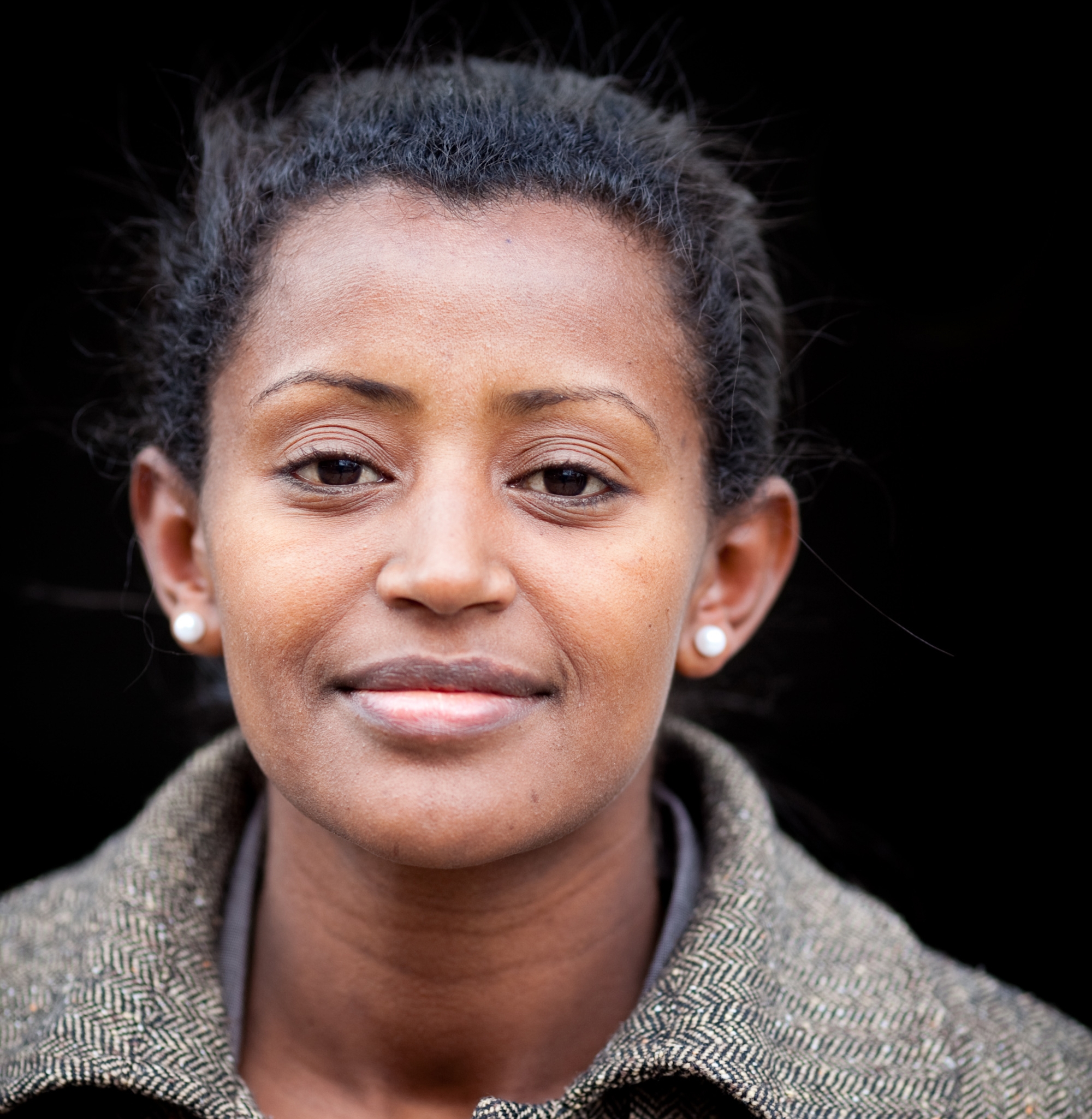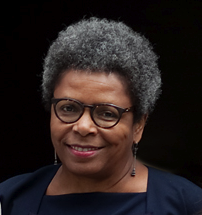Reporting on efforts to prevent infectious diseases through immunization is a key part of health coverage – especially in developing areas. Journalists play an important role in examining public health efforts and in helping readers and viewers understand how and why vaccines are used.
Journalists from Sub-Saharan Africa, the Gulf States and Pakistan can enter their stories about vaccines in a contest organized by the International Center for Journalists (ICFJ). Contest winners will receive a cash prize and two-week study tour to the United States.
For inspiration, here are tips for covering this issue from some of ICFJ’s current and past Knight International Journalism Fellows who specialize in health coverage:
 Elsabet Samuel Tadesse is a radio journalist and media trainer who specializes in health, gender, migration and human rights issues in Ethiopia. She advises:
Elsabet Samuel Tadesse is a radio journalist and media trainer who specializes in health, gender, migration and human rights issues in Ethiopia. She advises:
-
"Do not aid [in spreading] myths and misconceptions about vaccines.... Reporting must constantly reinforce the basic facts that vaccinations protect people from specific diseases that can make them very sick, disabled or even kill them."
- "Understanding vaccine policies helps journalists reveal failures in policy decisions, mobilizing private sector vaccine delivery agents as well as mobilizing the community for vaccination campaign turnouts."
[Image: 179419, left, small] Mercedes Sayagues is a journalist, media trainer and researcher who specializes in HIV and AIDS, health, gender, human rights and humanitarian issues. She suggests:
-
"Reverse the statistics...When the minister proudly announces that 70 percent of children have been vaccinated against polio, ask: what are the problems in reaching the other 30 percent?"
- "Avoid being judgmental when reporting on why some people or communities do not allow their children to be vaccinated. Find out their beliefs. They need education, not condemnation."
 Joachim Buwembo, a writer and media consultant who helped improve coverage of poverty and development issues in Tanzania and other African countries. He suggests:
Joachim Buwembo, a writer and media consultant who helped improve coverage of poverty and development issues in Tanzania and other African countries. He suggests:
- "Stress the importance of the conditions surrounding any vaccinations exercise. Do the communities/health centers have 24-hour electricity to keep vaccines refrigerated? Do the personnel handling vaccines also have enough equipment [like] disposable gloves so as not to create new health problems for the delicate babies they are vaccinating? Does a community have a history of success/mishaps in vaccine administration (in Africa there have been a number of both)?"
 Brenda Wilson is a global health reporter who has reported on AIDS and other infectious diseases, reproductive health, maternal and child health, health systems in developing countries and other health issues.
Brenda Wilson is a global health reporter who has reported on AIDS and other infectious diseases, reproductive health, maternal and child health, health systems in developing countries and other health issues.
She suggests posing these questions:
-
"When did public health give up on routine immunization against childhood diseases as opposed to focusing on massive campaigns against specific diseases? Is this the best strategy?"
- "How effective does a vaccine have to be to promote its widespread use?"
Main image CC-licensed on Flickr via Andres Rueda.
Fellow photos courtesy of ICFJ.
The International Journalists' Network, IJNet, keeps professional and citizen journalists up to date on the latest media innovations, online journalism resources, training opportunities and expert advice. IJNet is produced by the International Center for Journalists in seven languages: Arabic, Chinese, English, Persian, Portuguese, Russian and Spanish. IJNet is supported by donors including the John S. and James L. Knight Foundation.

